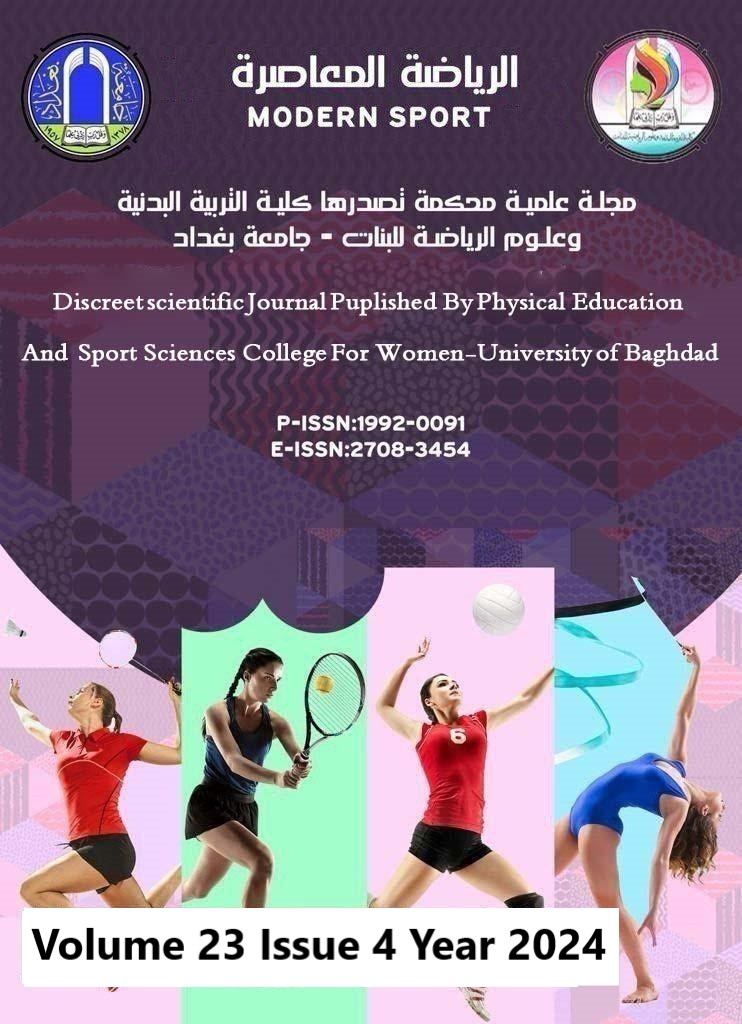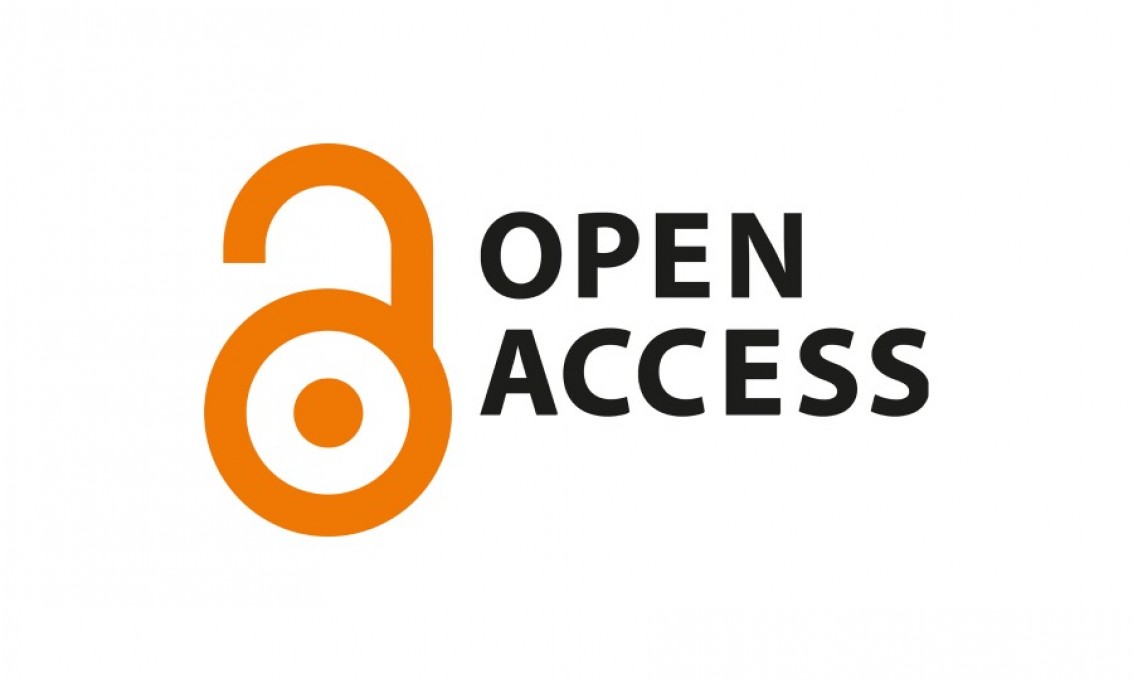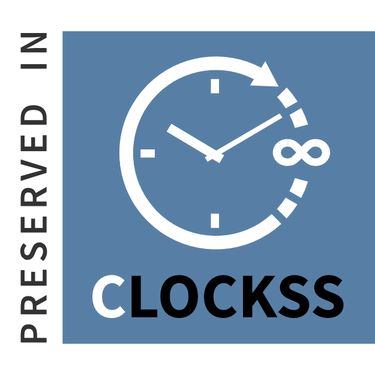The Role of Psychological Well-Being in Reducing Competition Stress Among Junior Artistic Gymnasts
DOI:
https://doi.org/10.54702/hfvzdt84Keywords:
Psychological Well-being, Competition Stress, Junior Artistic GymnasticsAbstract
The objective of the study was to develop two scales: one for psychological well-being and another for competition stress among junior artistic gymnasts. It aimed to assess the level of psychological well-being among these gymnasts, determine the level of competition stress they experience, and explore the role of psychological well-being in reducing competition stress. The hypothesis posited that there is a significant correlation, contribution, and impact of the psychological well-being scale results on the competition stress scale results within the research sample. The descriptive approach using the correlational relationships method was adopted, targeting a sample of junior artistic gymnasts for the 2023/2024 sports season. The sample was naturally distributed across 15 gymnastics centers in Baghdad and other provinces, comprising a total of 146 players who were intentionally selected using a comprehensive census method, achieving a 100% inclusion rate. From this population, 6 players were randomly selected for the pilot sample, representing 4.11% of the original population. Additionally, 75 players were randomly chosen for the scale development sample, accounting for 51.37% of the original population. The remaining 65 players were designated for the primary research application sample, making up 44.521% of the original population. After constructing the two scales, a survey was conducted over a specified period from February 28, 2024, to March 14, 2024, on the main research application participants. The results were then processed using the Statistical Package for the Social Sciences (SPSS). The conclusions indicated that the psychological well-being and competition stress scales for gymnastics are suitable for the purposes for which they were developed and are appropriate for junior artistic gymnasts. These scales adhere to the scientific foundations and criteria necessary for acceptance in the field of sports psychology. The findings revealed that junior artistic gymnasts possess a level of psychological well-being that enables them to reduce competition stress. Moreover, an increase in psychological well-being contributes to a decrease in competition stress, demonstrating a linear, positive correlation and impact. The recommendations emphasized the need for gymnastics coaches to focus on creating an appropriate training environment that enhances psychological well-being due to its significant role in reducing competition stress among junior artistic gymnasts. Regular psychological monitoring of both phenomena studied—psychological well-being and competition stress—is advised through periodic assessments, with the current scales serving as reliable tools for this purpose. Additionally, it is crucial to avoid overburdening gymnasts with excessive training demands, reduce pressure, and prevent fatigue. Efforts should also be directed toward boosting their self-confidence to mitigate the escalation of competition stress among junior artistic gymnasts. and this achieves one of the sustainable development goals of the United Nations in Iraq which is (Quality Education).
References
Al-Barzanji, D. (2010). Optimism and Pessimism and Their Relationship to Self-Concept and Locus of Control. Amman: Safa Publishing and Distribution, p. 7.
Hijazi, M. (2005). The Reckless Human. Beirut: Arab Cultural Center, p. 4.
Al-Khalidi, A. R. (2014). Self-Awareness and Its Relationship with Psychological Adjustment Among High School Students in the Kingdom of Saudi Arabia. Master’s Thesis, King Abdulaziz University, p. 24.
Dibarti, B. (2015). Psychological Adaptation: A Necessity of Life. Damascus: Amjad Publishing House, p. 33.
Rabea, M. S. (2009). Personality Measurement (2nd ed.). Amman: Al-Masirah Publishing and Distribution, p. 625.
Al-Shammari, J. F. (2005). Human and Psychology. Baghdad: Al-Israa Printing House, p. 41.
Abdulaziz, M. M. (2010). Introduction to Health Psychology (Concepts, Theories, Models, and Studies). Amman: Wael Publishing and Distribution, p. 216.
Abdul-Ghani, J. S. (2019). Tolerance and Self-Esteem as Predictors of Interpersonal Intelligence Among a Sample of Alexandria University Students. Arab Studies Journal, 18(2), pp. 335-395. https://journals.ekb.eg/article_91824.html
Abdullah, M. Q. (2012). Theories of Psychological Counseling. Amman: Dar Al-Fikr, p. 98.
Abdullah, M. Q. (2014). Introduction to Mental Health (4th ed.). Amman: Dar Al-Fikr, p. 155.
Abdul-Maqsoud, A. (2006). Psychological Happiness and Its Relationship to Some Psychological Variables Among a Sample of Adolescents of Both Genders. Journal of Psychological and Educational Research, Menoufia University, Faculty of Education, (2), pp. 255-308. https://portal.arid.my/0/Publications/Details/1681]
Al-Ghurairi, W. T. M. (2005). Self-Efficacy and Its Relationship to Achievement Motivation and Competitive Behavior Among Premier League and Elite Handball Players in Iraq. Doctoral Dissertation, University of Baghdad, Faculty of Physical Education and Sports Sciences for Women, p. 115.
Maghribi, O. A. M. (2008). Emotional Intelligence and Its Relationship to Professional Competence Among a Sample of High School Teachers in Makkah. Master’s Thesis, Umm Al-Qura University, Faculty of Education, p. 38.
Malika, S. K. (2011). Sources of Professional Stress Among Teachers: A Comparative Study Across Educational Levels. Master’s Thesis, Faculty of Arts and Humanities, Algeria, pp. 45-55.
Al-Momani, A. A. (2010). Emotional Intelligence Among High School Students in Light of Certain Variables. Journal of Educational and Psychological Sciences, University of Bahrain, 11(1), March, pp. 291-323. https://search.shamaa.org/fullrecord?ID=79492
Mikhail, A. Y. (2022). Developments in Psychoanalysis in the 21st Century. Beirut: Dar Al-Safa for Printing, Publishing, and Distribution, p. 42.
Yassin, R. (2016). Sports Psychology. Amman: Dar Osama for Publishing and Distribution, p. 95.
Hyman, I, & Zelikoff, W. (2009). Psychological Abuse in the school: An Overview, (ERIC). P: 15.
Kapikiran, N. (2011). Focus on positive and negative information as the mediator of the relationship between empathy tendency guilty and psychological well-being in university student’s. Educational Sciences: Theory and Practice, 11, 3, P: 1141-1147.
https://files.eric.ed.gov/fulltext/EJ936302.pdf
Kines, P., Lappalainen, J., Mikkelsen, K. L., Olsen, E., Pousette, A., Tharaldsen, J., & Tómasson, K. (2011). Nordic safety climate questionnaire (NOSACQ-50): a new tool for measuring occupational safety climate. International journal of industrial ergonomics, 41(6), P: 634-646. https://nfa.elsevierpure.com/en/publications/nordic-safety-climate-questionnaire-nosacq-50-a-new-tool-for-diag
Lappan, S., Thorne, C. B., Long, D., & Hendricks, P. S. (2020). Longitudinal and reciprocal relationships between psychological well-being and smoking. Nicotine and Tobacco Research, 22(1), 18–23. https://pubmed.ncbi.nlm.nih.gov/30219867/
Marcora, Samuele. (2008). Mental fatigue impairs physical performance in Humans. Journal of Applied physiology, 106 (3). P: 64.
Morozink, J. A., Friedman, E. M., Coe, C. L., & Ryff, C. D. (2010). Socioeconomic and psychosocial predictors of interleukin-6 in the MIDUS national sample. Health Psychology, 29(6), 626–635. https://pubmed.ncbi.nlm.nih.gov/20954777/
Novo, M, Vargas, R, Alex, S, Karing, R, Maryori, V and Castellanos, O. (2010). Psychological well-being and quality of life in patients treated from thyroid cancer after surgery. Terraria Psychological. 28, (1), P: 69-84.
Ryff, C. D. (2014). Psychological well-being revisited Advances in the science and practice of eudaimonia. Psychotherapy and Psychosomatics, 83(1), 10–28.
Tchiki Davis. (2024). What Is Well-Being? Definition, Types, and Well-Being Skills, https://www.psychologytoday.com/intl/blog/click-here-for-happiness/201901/what-is-well-being-definition-types-and-well-being-skills
Downloads
Published
Issue
Section
License
Copyright (c) 2024 Modern Sport

This work is licensed under a Creative Commons Attribution 4.0 International License.















